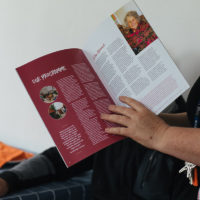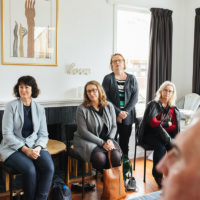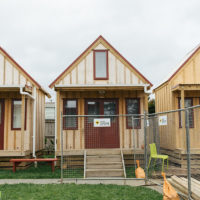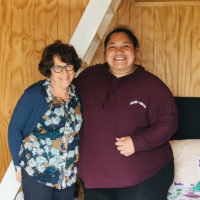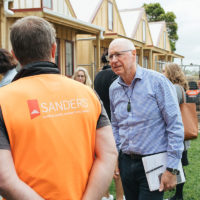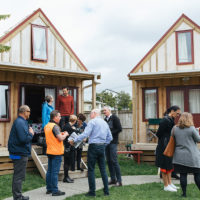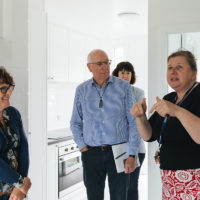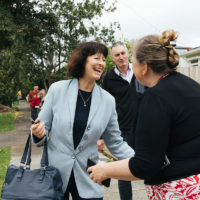Island Child Trust Supports Homeless Aucklanders
Danielle Bergin is an inspirational woman with a bubbly personality, warm smile and huge heart.
We recently visited Danielle, her mother Wendy Tattersfield and daughter Rosie in Glen Innes, East Auckland where they manage and run transitional housing for homeless people.
Having spent three years living in her car many years ago, Danielle became a passionate supporter for homeless families/whānau wanting turn their lives around.
She established Island Child Trust in 2005, once she had her newborn baby. The Trust which provides shelter, care, support and opportunities for whānau experiencing a housing crisis. Danielle, who was once a homeless, single mum looking for shelter and support, has dedicated her life to helping others in a similar situation.
Danielle’s team includes her mother Wendy (known as Nan) and her 16-year-old daughter Rosie. They are making a sustainable difference in the lives of whānau facing a housing crisis.
Island Child can home 58 people at a time, giving them a safe place and a supportive environment. Danielle helps to rehome over 80 families (residential clients) each year, depending on available housing. Demand is high for accommodation with an average of six requests a day to take in homeless families/whānau.
Danielle and her team also provide a 12-week residential programme that operates 24/7 from premises in Glen Innes and in a neighbouring suburb where they learn life skills and new coping strategies. Their benefit entitlements are reviewed, and budgeting advice is provided, along with training and employment assistance, where appropriate. Parents are required to attend a parenting programme and high risk child and youth have access to therapy support.
The Tindall Foundation has been supporting Island Child since 2018 with donations of $170,000. We talked to Danielle about how our donation has helped support her work at Island Child.
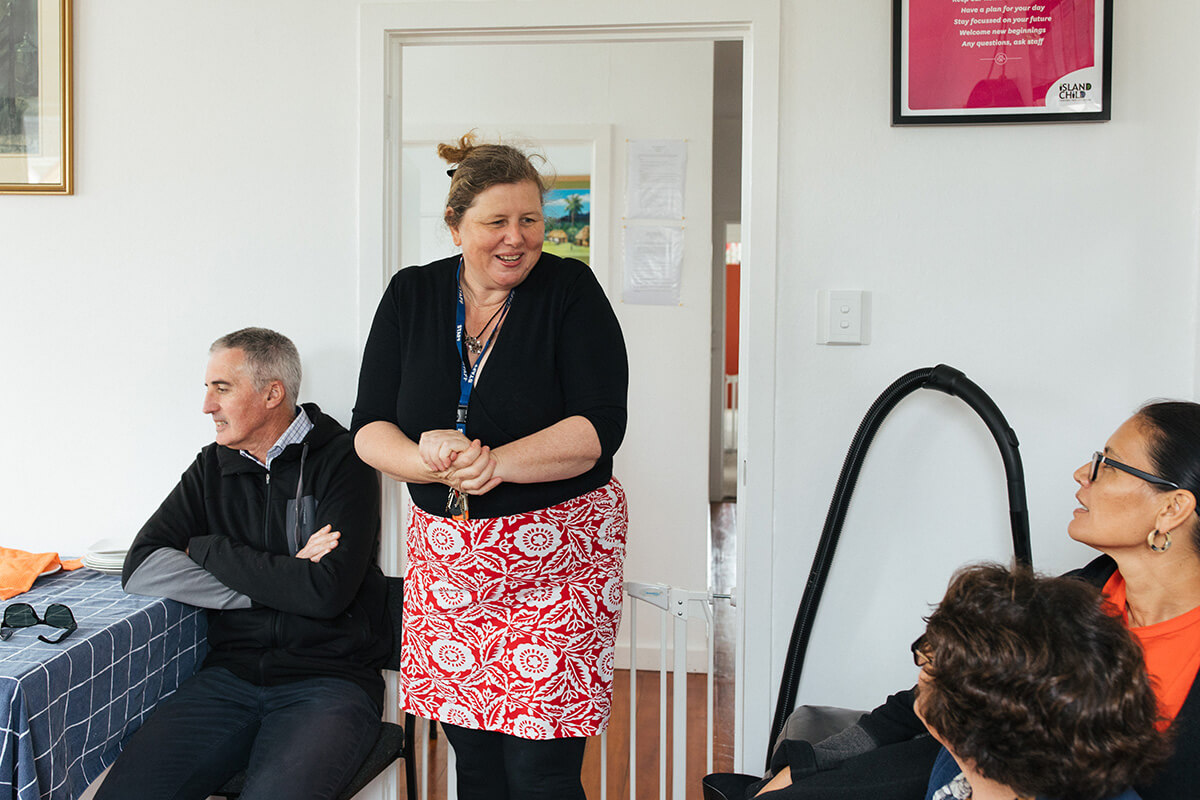
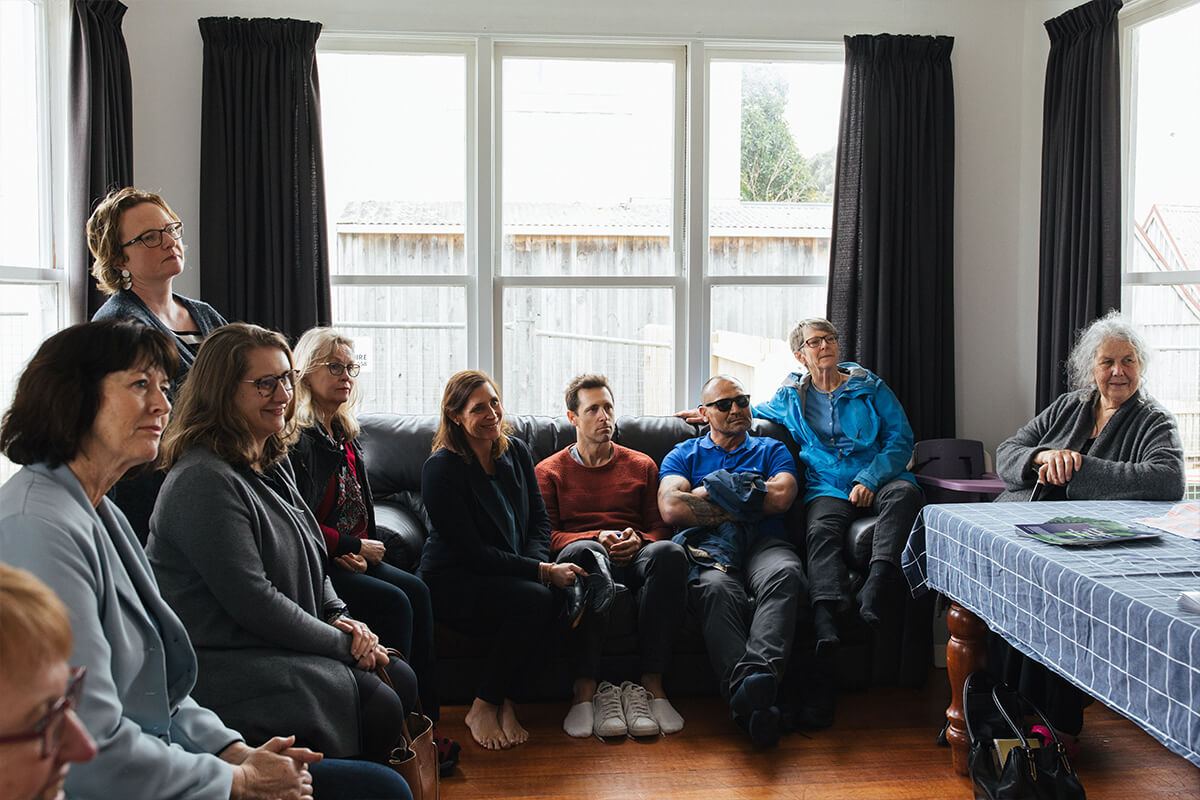
Has TTF’s support made a difference to Island Child Trust and those people and whanau you work with/support/house/shelter? If yes, then how?
TTF helped when most needed. There was limited availability to secure funding for transitional and emergency housing elsewhere. TTF supported Island Child in the way we most needed. With the donation we have been able to build capacity over our facility for 54 persons. Families say they are so grateful and happy to reside here, which is safe and friendly and welcoming.
What has the donation has enabled you to do on your site in Glen Innes?
TTF has been an integral partner with helping Island Child expand our services. Government funding was unavailable to support us with this. By having the philanthropic help, TTF has helped us build our service to a stage where we can now rehouse 84 families each year through our Transitional Housing programme.
What is the impact of The Tindall Foundation donation or other non-financial support resulting in positive changes for the families you support and the wider community?
Fewer homeless families on our city streets and increased wraparound social services support for homeless families/whānau. TTF has walked the journey with Island Child and is always helpful when advice is needed.
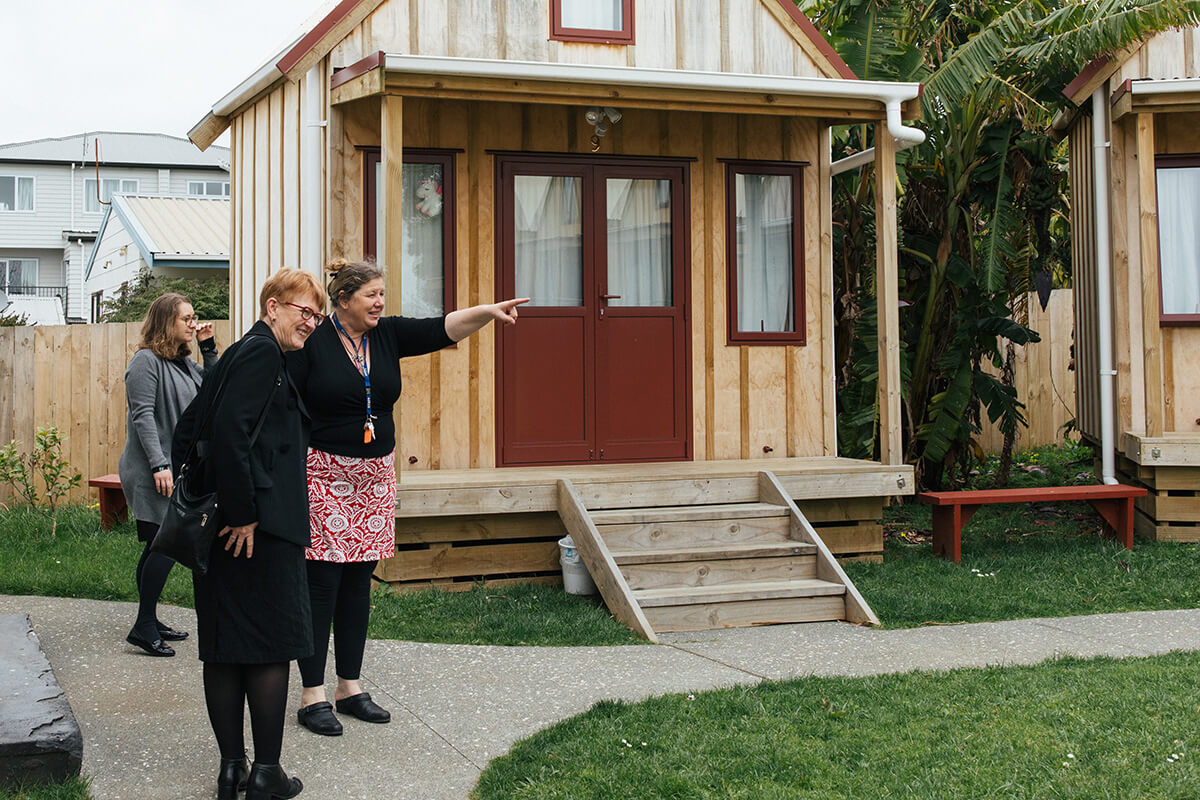
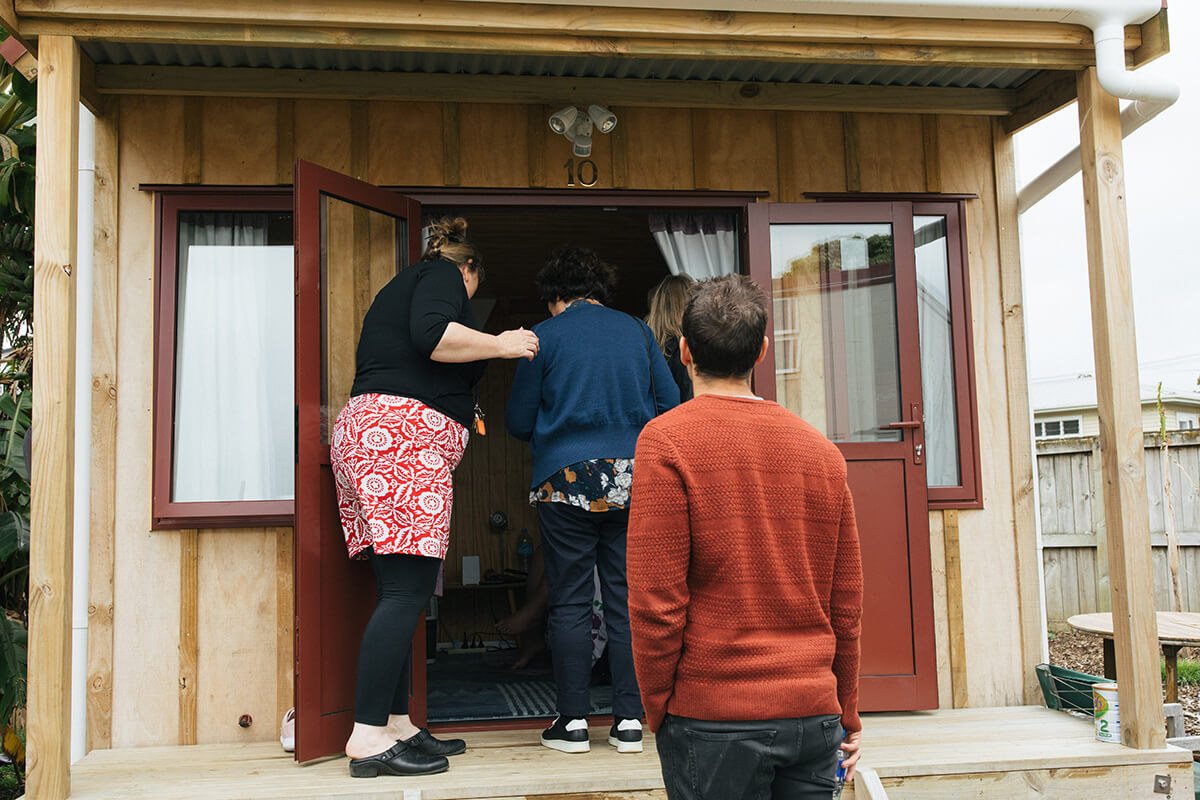
What is the biggest difference you see in those you shelter from when they arrive to when they leave?
Increased confidence. Less stress. The families leave with much more resources and better connectivity to whānau and agency support. The families leave here with more confidence to voice their opinions and speak-up when being unheard.
What is the most rewarding thing about your work?
Seeing the families make huge positive steps in their lives. Reconnecting children back to parents. Helping those families struggling for a home to gain a warm safe sustainable home.
Services provided by Island Child:
- A 12-week personalised residential programme
- Access to counselling, budgeting, social work and medical services
- Linking whānau to support systems and government agencies
- Identifying future education and job possibilities
- Delivering an animal-assisted learning programme
- Assisting whānau into appropriate, healthy and sustainable homes
- Networking with housing providers and government agencies
